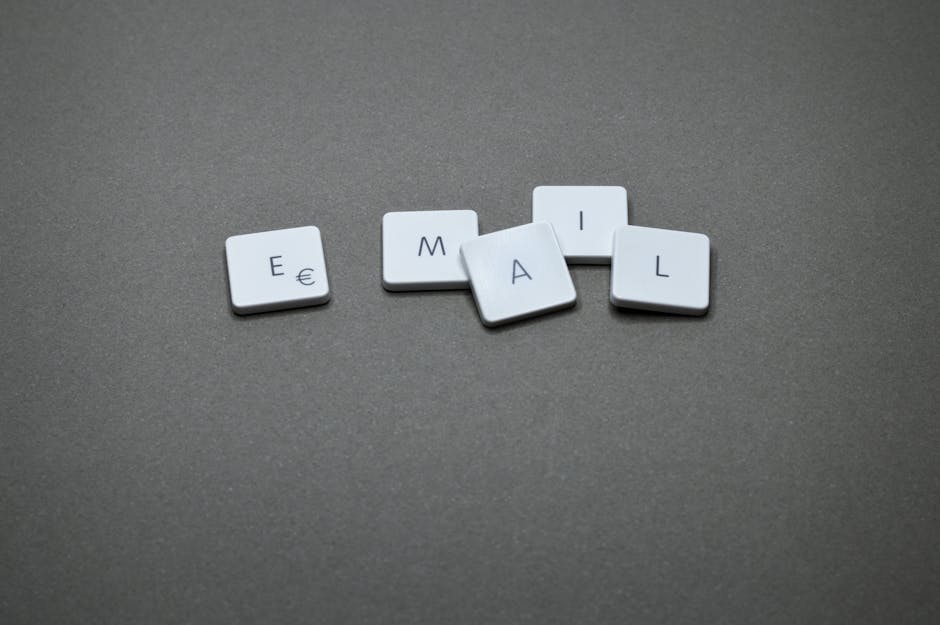How to Protect Your Email Privacy with These Tools

Protecting your email privacy is vital in today's world, where cyber threats and data breaches are becoming more frequent. As emails often contain sensitive information, safeguarding your email communications is essential to maintaining your personal and professional security. Utilizing the right tools can significantly enhance your email privacy and ensure that your data remains confidential.
Email Encryption Tools
Email encryption is one of the most effective ways to protect your email privacy. It ensures that only the intended recipient can read the content of your email. Two popular encryption tools are:
- ProtonMail: Known for its end-to-end encryption, ProtonMail ensures that only you and the recipient can read the emails. Their servers are based in Switzerland, a country known for its strong privacy laws. More information can be found at ProtonMail.
- Tutanota: Another secure email service that offers end-to-end encryption, Tutanota is designed to protect your email from prying eyes. It also encrypts all contacts and calendar events, enhancing overall security. Visit Tutanota for more details.
Secure Email Clients
Using a secure email client can add an extra layer of protection to your email communications. These clients often have built-in security features that standard email providers may lack.
Thunderbird: Developed by Mozilla, Thunderbird is a free and open-source email client that offers robust security features, including support for encryption plugins like Enigmail. This makes it a great choice for those looking to secure their email communications without relying on proprietary software.
Mailfence: This secure email client provides end-to-end encryption, digital signatures, and strong authentication options. Mailfence also allows users to create secure collaborative workspaces, making it ideal for both personal and professional use.
Password Managers
Strong passwords are crucial for maintaining the security of your email accounts. Using a password manager helps you create, store, and manage complex passwords without the need to remember them all.
- LastPass: This popular password manager securely stores all your passwords in an encrypted vault. It also generates strong passwords and autofills them when needed, reducing the risk of password reuse and weak passwords.
- Dashlane: In addition to storing passwords securely, Dashlane offers a password health report and dark web monitoring to alert you if your information has been compromised.
Two-Factor Authentication (2FA)
Two-factor authentication adds an extra layer of security to your email accounts by requiring a second form of verification in addition to your password. This significantly reduces the risk of unauthorized access.
Google Authenticator: This app generates time-based one-time passwords (TOTP) for your accounts, providing an additional layer of security. It's simple to set up and use with most major email providers.
Authy: Similar to Google Authenticator, Authy offers TOTP generation but with added features like cloud backups and multi-device synchronization, making it a versatile option for securing your accounts.
Email Security Best Practices
Apart from using tools, following best practices can further enhance your email security:
- Avoid clicking on suspicious links or downloading attachments from unknown sources.
- Regularly update your software and applications to patch any security vulnerabilities.
- Use a unique password for each of your accounts to prevent multiple accounts from being compromised if one password is breached.
Email Security Comparison Table
| Tool/Service | Primary Function | Key Features | Website |
|---|---|---|---|
| ProtonMail | Email Encryption | End-to-End Encryption, Based in Switzerland | ProtonMail |
| Tutanota | Email Encryption | End-to-End Encryption, Encrypts Contacts & Calendar Events | Tutanota |
| Thunderbird | Email Client | Open-Source, Supports Encryption Plugins | Thunderbird |
| Mailfence | Email Client | End-to-End Encryption, Digital Signatures | Mailfence |
Email privacy is an ongoing concern that requires both awareness and action. By leveraging tools such as encryption services, secure email clients, password managers, and two-factor authentication apps, you can significantly bolster the security of your email communications. Combining these tools with best practices ensures that your sensitive information remains protected from potential threats.
The importance of safeguarding your emails cannot be overstated. With cyber threats evolving rapidly, staying proactive about your email privacy is crucial. Adopting these tools and habits will help you maintain control over your personal and professional data while ensuring peace of mind in an increasingly digital world.